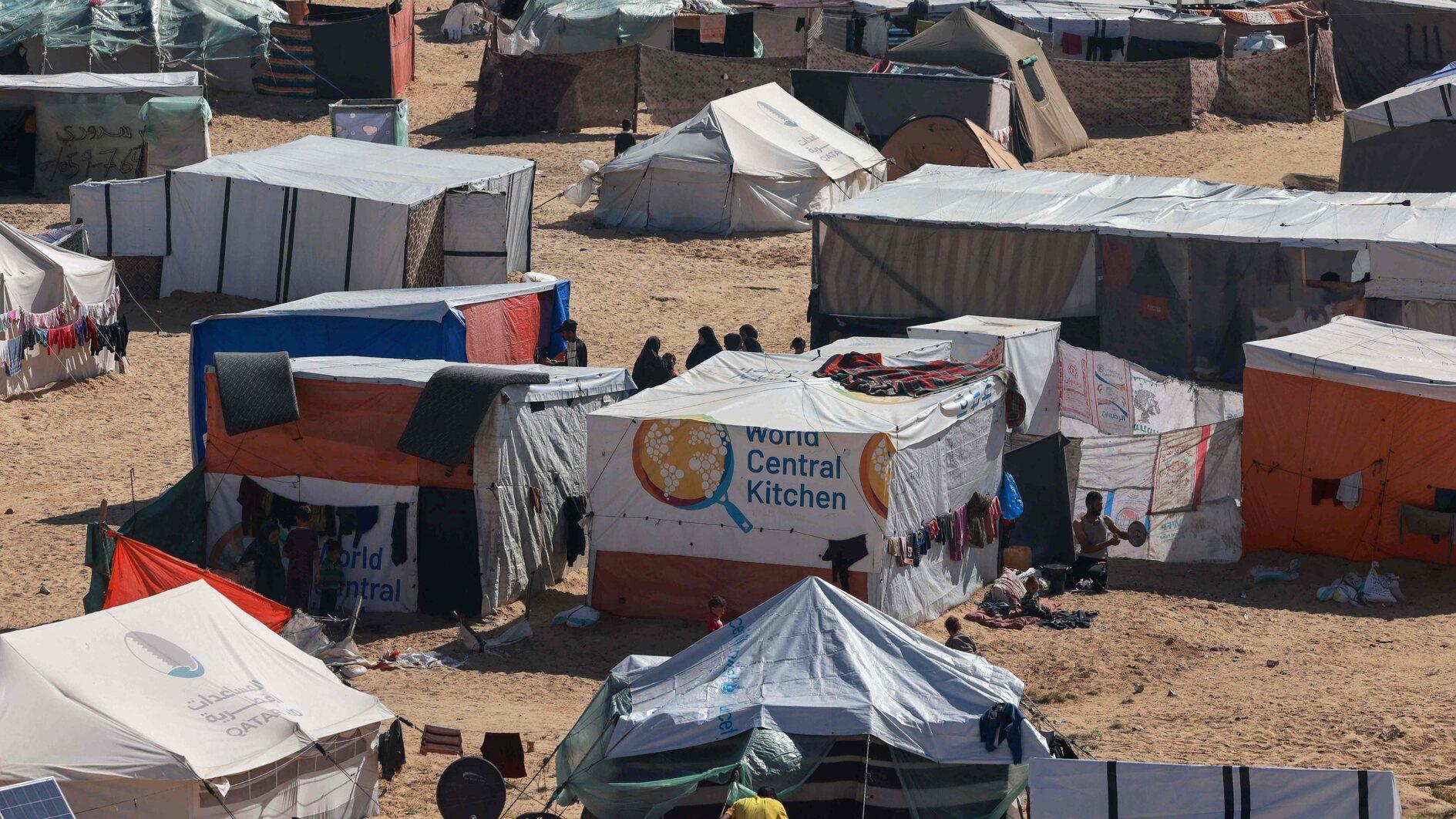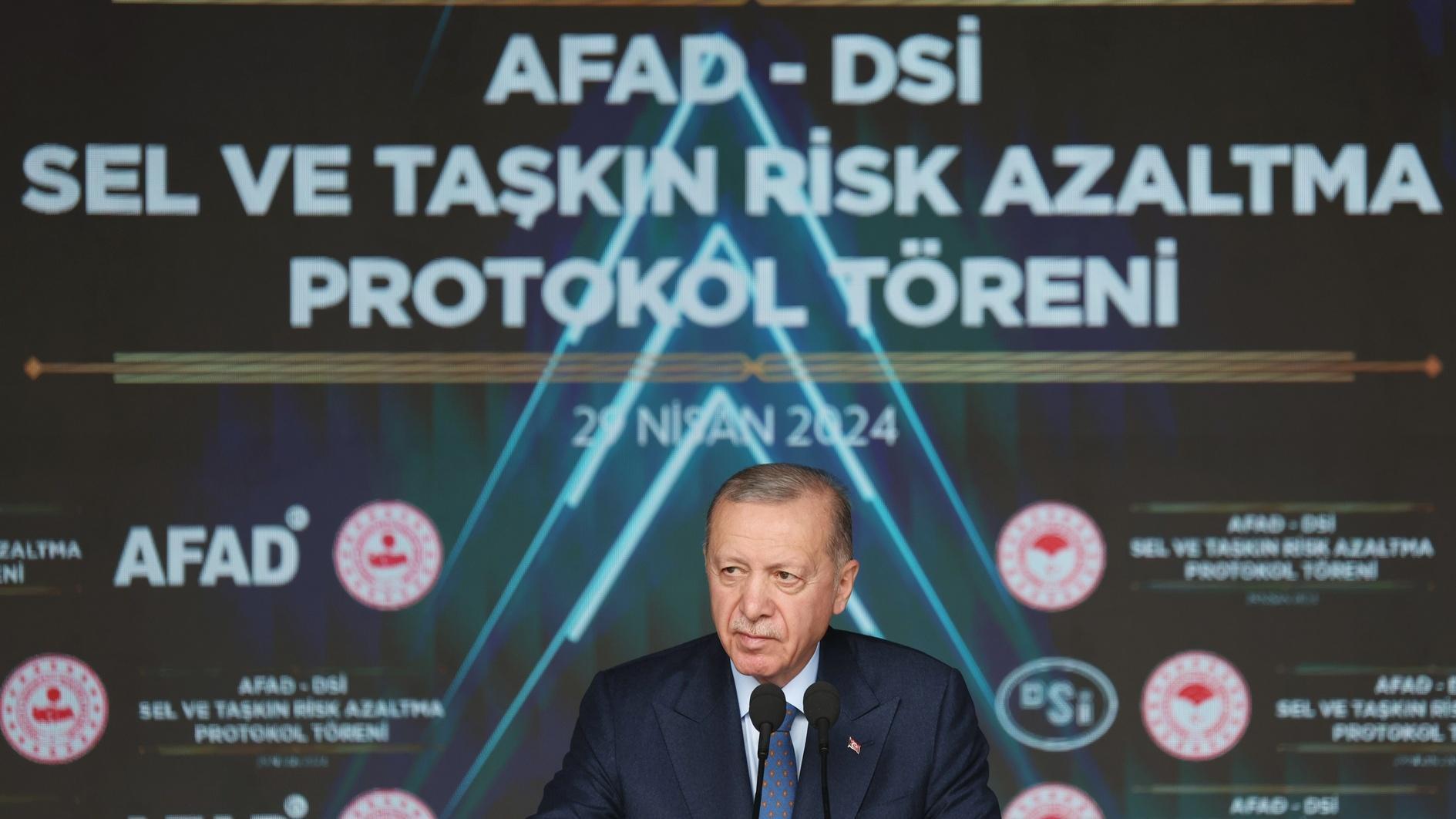American voters to shape world politics
Tens of millions of American voters will go to the ballot box today to elect their president to rule the country for the next four years. Yet they will also vote, knowingly or not, on shaping world politics and the economy over the same period.
That is why leaders of the world from Russia’s Vladimir Putin to Germany’s Angela Merkel, from Benjamin Netanyahu of Israel to Mahmoud Ahmadinejad of Iran and from Tayyip Erdoğan of Turkey to – perhaps most of all – Bashar al-Assad of Syria, are wondering about the outcome of the Nov. 6 elections as much as the American voters.
For almost a year now, but especially since the beginning of the official election campaign, solution formulae for many critical issues and a number of conflicts were shelved, to be opened again after the elections. From the future of Syria to ongoing Israeli-Iranian tension, from the warming up of Armenian-Azeri tensions to the never-cooling North and South Korean conflicts and key energy issues, everything has been put on pause for months now.
The reason is both simple and complicated. Simple because the non-American world will be exposed to the security and political consequences of the decision of American voters, who will make their choices mainly due to their economic interests like everybody else on Earth. Americans will vote either for more social policies or for fewer restrictions on wealth in their country, but it will probably mean more jobs or energy shortages for other people of the world, war or peace.
Because by doing that, American voters will choose either incumbent Barack Obama or his rival, Mitt Romney, to have control over a quarter of economic value produced in the whole world and a military apparatus 30 percent more powerful and valuable than the total of the next 10 military powers (yes, including Russia, China, the United Kingdom, France, India, Israel and Turkey) and use more advanced technology in almost all areas from military to medicine. “Get there first, with the most” is not only the first motto of the American military, it applies to diplomacy and investments as well. Knowing this, world leaders are waiting to see who will come out of the box as their counterpart for the next term.
Obama has proved that he is not for sending more American troops to other regions. Romney, on the other hand, signals that he could follow a more active military policy. Perhaps that is the reason why Europeans, according to a recent poll, would choose Obama if they could vote and Israelis, for example, would go for Romney.
Obama and Erdoğan have been doing well, supporting each other in many areas so far. That is the reason Ankara would prefer Obama for the next four years. But if Romney wins, yes, life might be more difficult for Erdoğan, yet Romney would have a realistic approach with a country neighboring Russia, Iran, Iraq, Syria and Israel that is close to a number of main energy basins of the world, along with having strategic interests in between.











